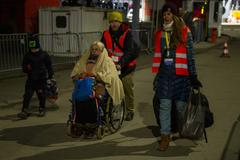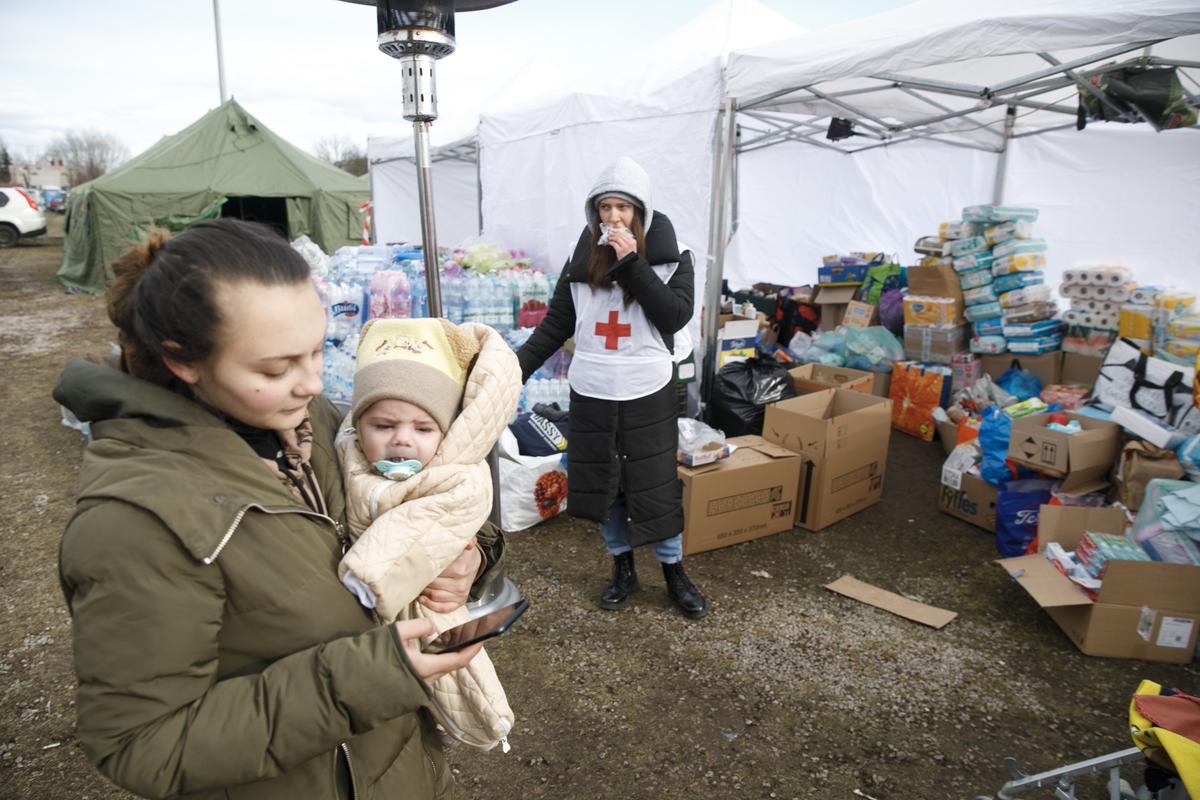Katarína Palečková came to the border with Ukraine through the initiative of Debora, a refuge for mothers with children in Banská Bystrica, where her mother works.
“I was part of the team working in the customs area, a first contact point for the refugees,” Palečková, an external communication specialist at Danone, described for The Slovak Spectator. They made tea or coffee, prepared food packages, and distributed blankets, gloves, toys or hygiene products. She admitted the situation was quite different from what she read about in the news. “When you stand on the border and see these people coming, it’s very hard not to cry with them.”
To be able to help at the Ukrainian border, Palečková was given three days of paid leave from her employer.
Several other companies active in Slovakia have taken a similar approach. They support volunteers who help non-governmental organisations or join projects of aid to refugees.

Previous experience an asset for corporate volunteers
Dominika Hradiská, the coordinator of volunteers in #WhoWillHelpUkraine, an online platform covering multiple forms of support, assistance and aid for people impacted by the war in Ukraine and forced to flee to Slovakia, confirms that companies quickly responded to the new situation.


 Refugees from Ukraine at the pedestrian border crossing in Veľké Slemence, March 1, 2022. (source: SITA)
Refugees from Ukraine at the pedestrian border crossing in Veľké Slemence, March 1, 2022. (source: SITA)